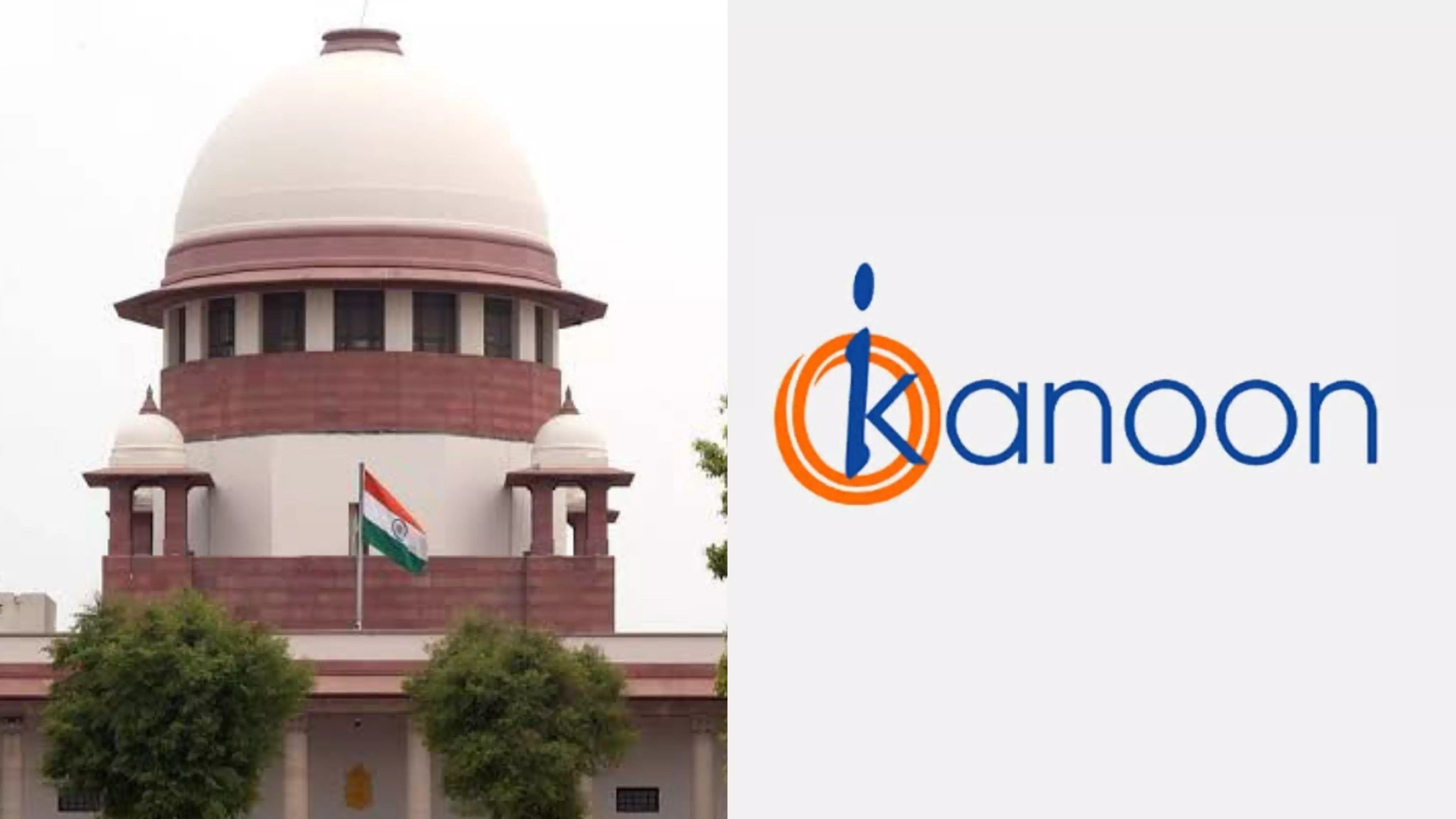SC stays Madras HC order directing 'India Kanoon' to remove judgment about sexual assault case
The judgment revealed the identity of a person acquitted in a sexual assault case, raising critical questions about the right to be forgotten
By B.V.Seshagiri Advocate
New Delhi: The Supreme Court has stayed an order by the Madras High Court that directed the legal portal 'India Kanoon' to remove a judgment from its website.
The judgment revealed the identity of a person acquitted in a sexual assault case, raising critical questions about the right to be forgotten and its implications on public records.
The Case in Question:
The case involved a man acquitted of sexual assault charges, who sought to have his name and details redacted/removed from the judgment available on the legal portal ‘India Kanoon'. His argument was rooted in the negative impact that the public availability of such information could have on his personal and professional life, despite his acquittal.
Madras High Court initially ruled in his favor, directing the removal of the judgment from the website and the redaction of his name.
Supreme Court’s Intervention:
However, the Supreme Court's intervention indicates the complexities involved in implementing the right to be forgotten. The bench of Chief Justice of India D.Y. Chandrachud and Justices J.B. Pardiwala and Manoj Misra, highlighted that judgments form part of public records and that their removal could have serious ramifications. The court emphasized the need to examine whether an accused, once acquitted, retains the right to be forgotten and to seek the removal of judgments from public domains.
Balancing Privacy and Open Justice:
The challenge lies in balancing this right with the principles of open justice and freedom of information. Open justice, a cornerstone of democratic societies, ensures transparency in the judicial process and allows citizens to scrutinize court decisions. However, this principle must be weighed against the potential harm caused by the perpetual availability of personal information online.
The Digital Age and Privacy:
In the digital age, the internet has drastically changed the nature and extent of personal information accessibility. Search engines like Google can bring up details from a person's past with a simple query, often without context or consideration of subsequent developments. This can lead to a permanent digital footprint that may unfairly tarnish an individual's reputation.
The Need for Nuanced Legislation:
The Supreme Court's stay on the Madras High Court's order suggests a need for a nuanced approach to the right to be forgotten. While the right to privacy is inalienable, its exercise must be carefully balanced with public interest and the right to freedom of expression. The court must consider various factors, including the nature of the information, its relevance, the public interest involved, and the potential harm to the individual's privacy.
Legislative Framework: This case also underscores the need for clear legislative guidelines on the right to be forgotten. While the Supreme Court has recognized this right, its implementation remains complex and context-dependent. Comprehensive legislation could provide a framework for courts to navigate these complexities and make informed decisions that balance individual privacy with public interest.
Conclusion:
As the digital landscape continues to evolve, the debate over the right to be forgotten will likely intensify. Courts, legislators, and civil society must engage in ongoing discussions to find equitable solutions that protect individual rights without compromising the principles of transparency and accountability in the justice system. The Supreme Court's forthcoming examination of this issue will be crucial in shaping the future of privacy rights in India.